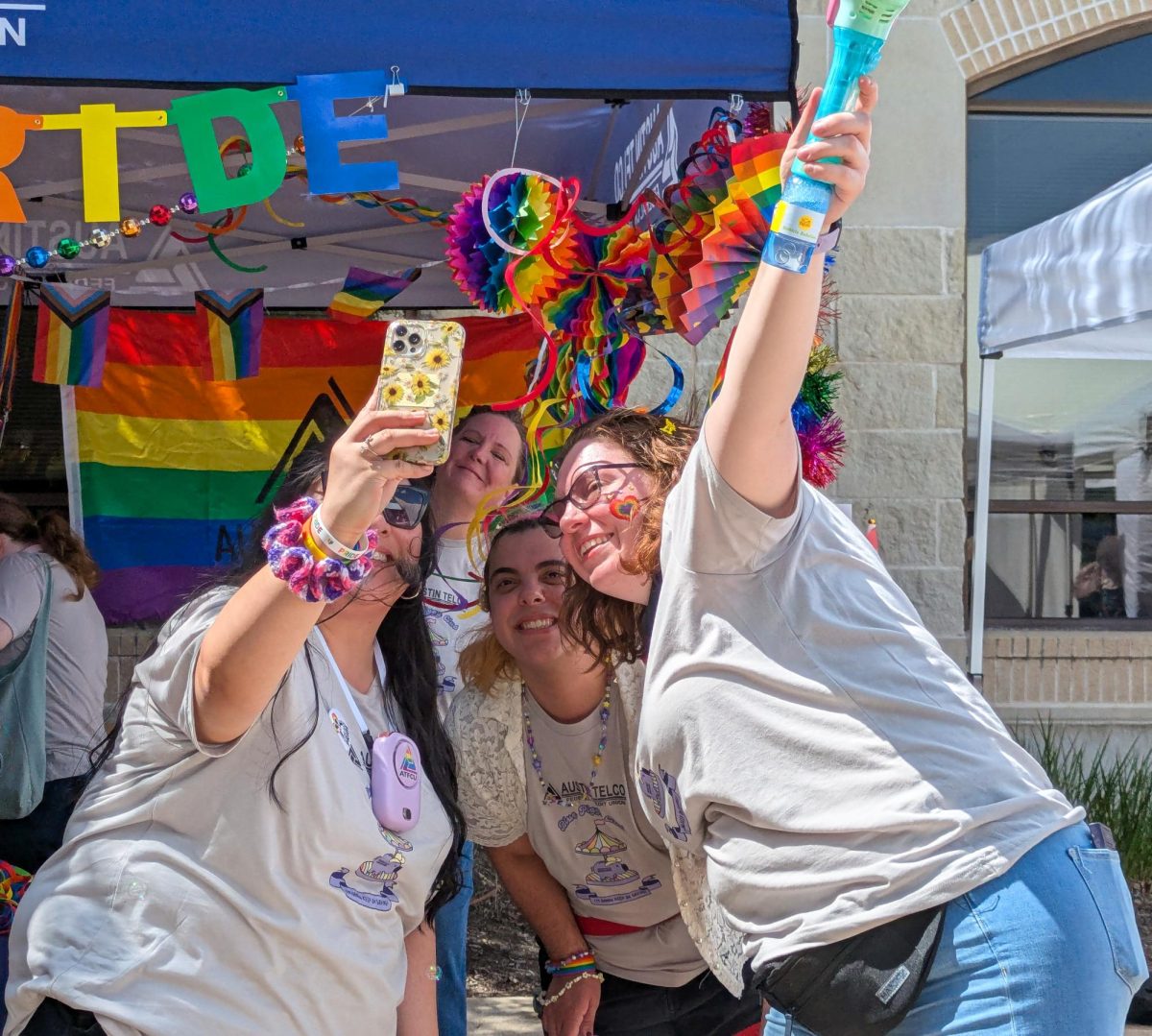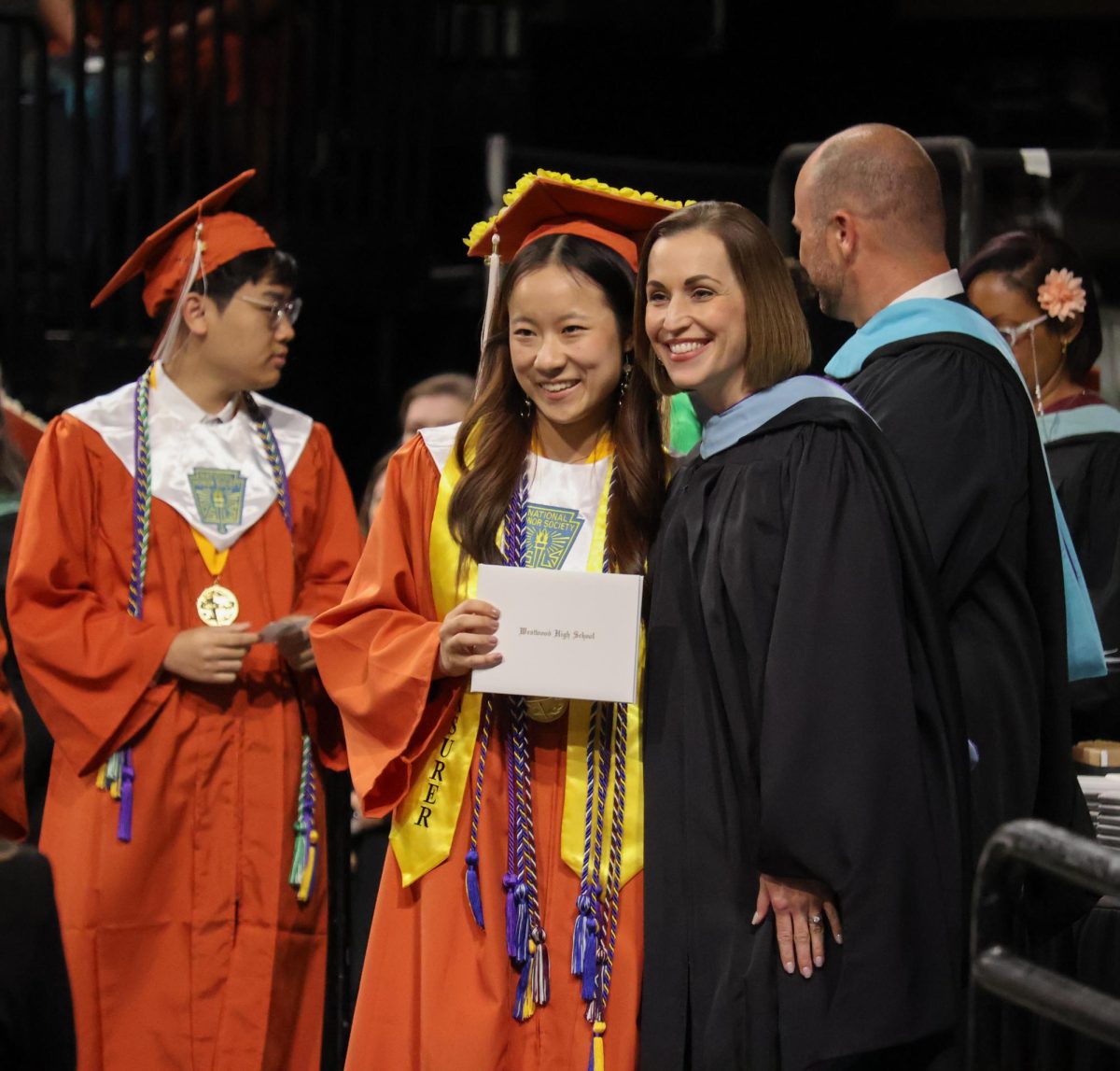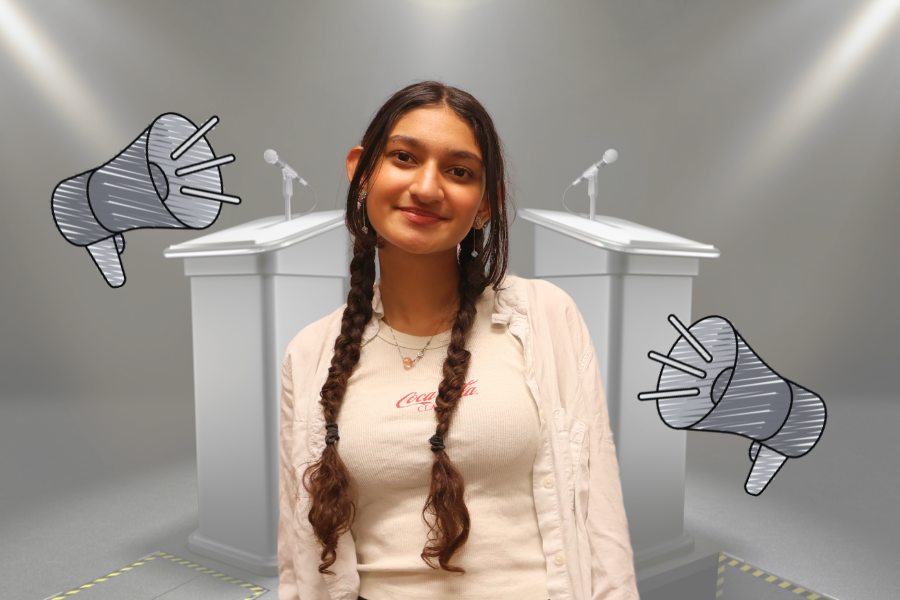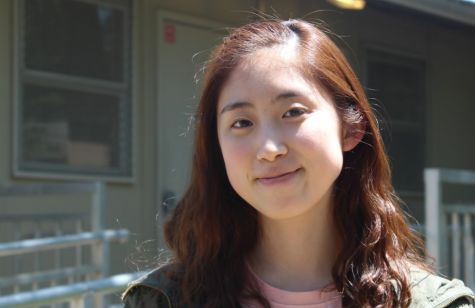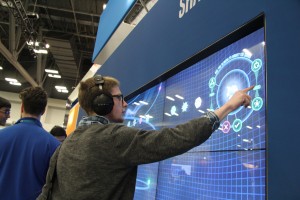 A surprise visit to the Austin Convention may have sparked the interest of the AP Computer science students, who wanted to experience and have a deeper understanding of science and technology. The first 50 lucky students who turned in their permission forms got the chance to experience an opportunity that rarely ever came their way. On the field trip, they were able to try out newly developed gadgets and interact with activities set throughout the convention.
A surprise visit to the Austin Convention may have sparked the interest of the AP Computer science students, who wanted to experience and have a deeper understanding of science and technology. The first 50 lucky students who turned in their permission forms got the chance to experience an opportunity that rarely ever came their way. On the field trip, they were able to try out newly developed gadgets and interact with activities set throughout the convention.
“I was pretty excited to go to field trip because I had heard that it was a international supercomputer conference,” Osric Nagle ‘18 said. “It’s cool as a high school student to go to something where field professionals are sharing and presenting their ideas.”
The gadget that most students found compelling was the Oculus Rift. The Oculus Rift is a head-mounted device that has two screens, one for each eye, that display games in a way that makes the user feel as if they are part of the adventure itself. The newest Oculus Rift taught students various programs that helped create a new, impressive perspective to games and communication.
“The Oculus Rift games was really something; it really took virtual gaming to a whole other level,” Varshinee Sreekanth ‘18 said. “It’s clearly not easy to program and make these types of virtual games. A tremendous amount of work has gone into programming it.”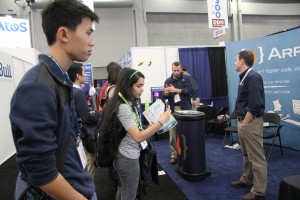
Although there were several, fascinating demonstrations, the majority of the convention consisted of speakers from different cities, states and colleges. A speaker from UC Berkeley presented a topic that focused on using supercomputers to create models for climate changes and human health. Additionally, she extended her vision by mentioning that these computers should be able to create virtual humans to create a more personalized medicine for individuals.
“The UC Berkeley speaker talked about how supercomputers could be used to measure weather of the future by using papers and other materials from the past,” Elizabeth Hosmer ‘17 said. “I thought that it was interesting to hear something that I didn’t know was possible with computers.”



